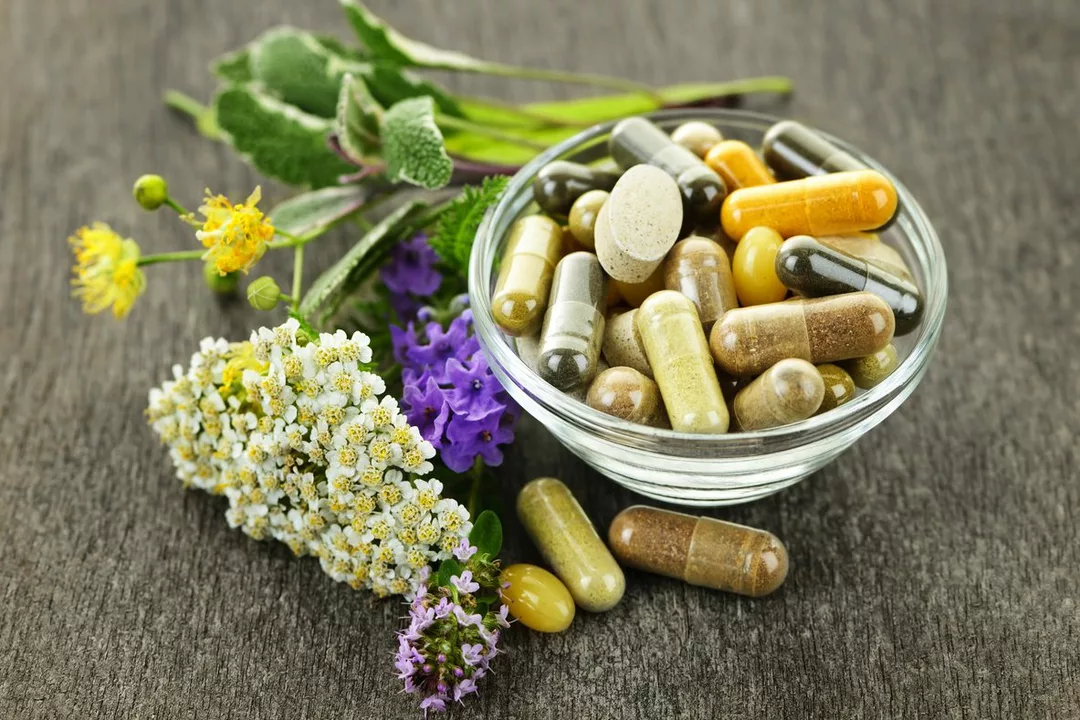Natural Remedy Guide: What Works, What’s Safe
Want to try natural remedies but unsure where to start? Good. This page pulls together practical options that actually help, plus safety tips so you don’t make things worse. You’ll find short, useful advice for anxiety, metabolic health, sleep, and everyday complaints — all written so you can act on it today.
Quick, evidence-backed options you can try
Anxiety: start with proven habits before herbs. Daily movement, 10–20 minutes of focused breathing, and regular sleep make a big difference. Mindfulness and cognitive-behavioral techniques have strong clinical support. If you want supplements, consider magnesium or L-theanine after checking with your doctor — they can be helpful but may interact with medicines.
Insulin resistance and metabolic health: small changes add up. Improving fiber and protein at meals, cutting added sugar, and walking after dinner often lower blood sugar. Some OTC supplements — like berberine, cinnamon extract, and vitamin D — show benefits in trials for insulin sensitivity, but dosing and safety vary. Talk to your clinician before combining these with prescription drugs such as metformin.
Sleep and mild insomnia: melatonin works well short-term for shifting sleep schedules. Chamomile tea and consistent bedtime routines help too. Avoid heavy late-night carbs and screens 60 minutes before bed for faster wins.
Simple home remedies that actually help
Digestive upset: peppermint oil capsules can reduce IBS symptoms, and ginger eases nausea. For heartburn, small lifestyle fixes — smaller meals, avoid late meals, elevate the head of the bed — matter more than a single herb.
Pain and inflammation: topical menthol or cold packs are great for short-term relief. Turmeric/curcumin supplements have clinical studies showing modest benefits for joint pain; quality and dose matter, so choose standardized products.
Mood and cognitive support: music therapy can boost mood and memory in older adults. It’s low-risk and easy to try — playlists, singalongs, or group sessions often help more than you expect.
Skin and hair: some natural products help mild issues. Look for evidence-backed ingredients (niacinamide, azelaic acid, zinc) rather than vague herbal promises. If you’re on prescription meds for acne or hair loss, ask your dermatologist before mixing natural treatments.
Safety checklist before trying anything new:
- Tell your doctor or pharmacist about supplements and herbs you plan to use. Interactions with blood thinners, diabetes drugs, and psychiatric meds are common.
- Start one change at a time so you can spot benefits or side effects.
- Use standardized supplements from reputable brands (look for third-party testing).
- If you have kidney, liver, or heart disease, get medical clearance before herbal or high-dose supplements.
Want specific ideas? Check our tag articles like “Exploring Natural Remedies for Anxiety,” “Best OTC Supplements for Insulin Resistance,” and our music therapy guide. Read the steps, compare options, and try the simplest, lowest-risk moves first. Natural doesn’t always mean safe — but used smartly, it can make real, useful changes to your health.
Skullcap: The Powerful Dietary Supplement for a Healthier You
In my latest blog post, I've explored the amazing benefits of skullcap, a powerful dietary supplement that can truly make a difference in our overall health. This incredible herb is known to help reduce anxiety, improve sleep, and even boost our cognitive abilities. Additionally, it has anti-inflammatory properties and can aid in managing chronic conditions. I highly recommend giving skullcap a try if you're looking to improve your well-being naturally. Don't miss out on this fantastic addition to your daily health regimen!

